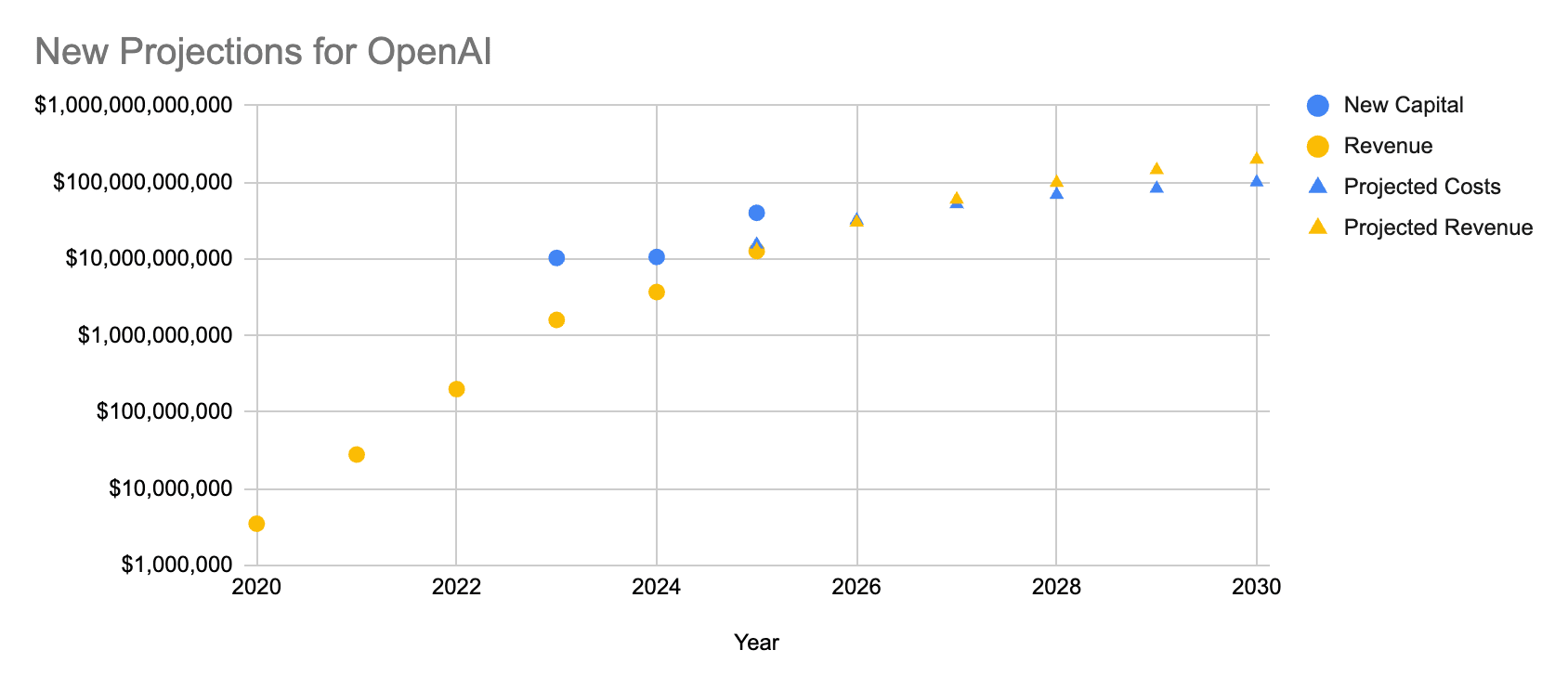Constellations are Younger than Continents
At the Bay Area Solstice, I heard the song Bold Orion for the first time. I like it a lot. It does, however, have one problem: > He has seen the rise and fall of kings and continents and all, > Rising silent, bold Orion on the rise. Orion has not witnessed the rise and fall of continents. Constellations are younger than continents. The time scale that continents change on is ten or hundreds of millions of years. The time scale that stars the size of the sun live and die on is billions of years. So stars are older than continents. But constellations are not stars or sets of stars. They are the patterns that stars make in our night sky. The stars of some constellations are close together in space, and are gravitationally bound together, like the Pleiades. The Pleiades likely have been together, and will stay close together, for a few hundred million years. I think they are the oldest constellation. The stars of most constellations are not close together in space. They are close in the 2D projection onto the night sky, but the distance to the stars is often dramatically different. They are on different orbits around the center of the Milky Way. The sun and many of the nearby stars take about 230 million years to orbit the center of the Milky Way, but this is also not the relevant timescale for constellations to change. The relevant timescale is determined by the differences between the velocities of stars in this part of the Milky Way.[1] This has been measured by astronomers: tracking small changes in the positions or brightness of large numbers of stars is a central thing that astronomers do. Constellations change on a timescale of tens or hundreds of thousands of years. This is much faster than the movement of continents. Orion is an unusual constellation. You can see above that the positions of its brightest 7 stars change more slowly than other constellations. Many of the stars in Orion actually are related. They form a stellar association: they were

The biggest differences:
Differences in methodology, for the things we both consider:
- Epoch does not use estimates for the number employees made by market research organizations, like LeadiQ or RocketReach. Instead, they focus on media
... (read more)